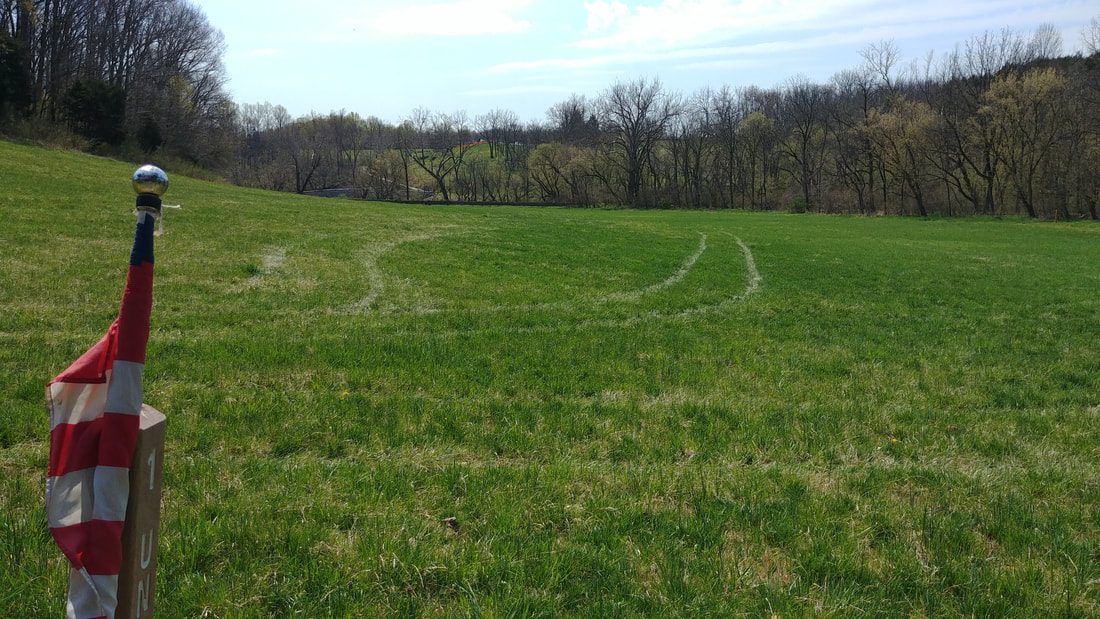 Johnny Reb and Gus Yank Somewhere: Usurpation Day 2022
Johnny Reb and Gus Yank Somewhere: Usurpation Day 2022 Part VIII of XIII
“… It’s Usurpation Day Johnny.”
“It is Gus.”
“Two hundred and thirty years ago …”
“Keep going.”
“George vetoed a bill.”
“The young nation’s first.”
“Because Congress used the thirty Thousand in Article 1 but dropped the remainder, the fraction.”
“The Constitution says ‘shall not exceed.’”
“And Washington said they did.”
“True.”
“Congress couldn’t override George’s veto?”
“Correct.”
“So then what Johnny?”
“On 9 April 1792, Elbridge Gerry and others voted a new representation bill, one that used thirty-three thousand instead of thirty.”
“A number not in Article 1.”
“Nor one ratified by the states.”
“Making today, 9 April, the usurpation’s date of birth.”
“An end date is needed.”
“Amen Johnny.”
“To the bridge Gus.”
“To the bridge …”
Next Up: 12 April and part IX of the series Johnny Reb and Gus Yank Somewhere: Bridge.
Posted by Bryan W. Brickner


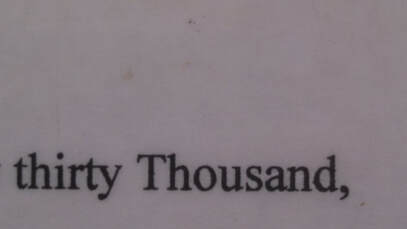

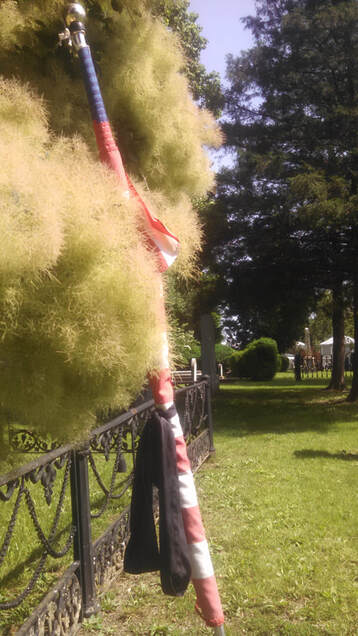
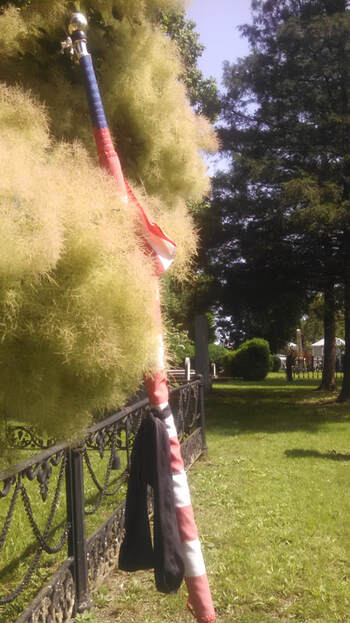


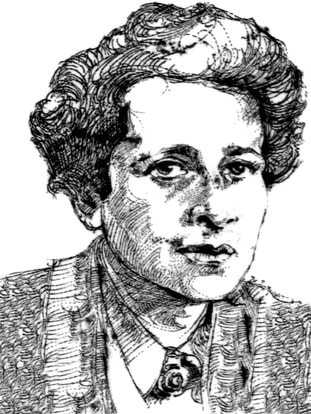

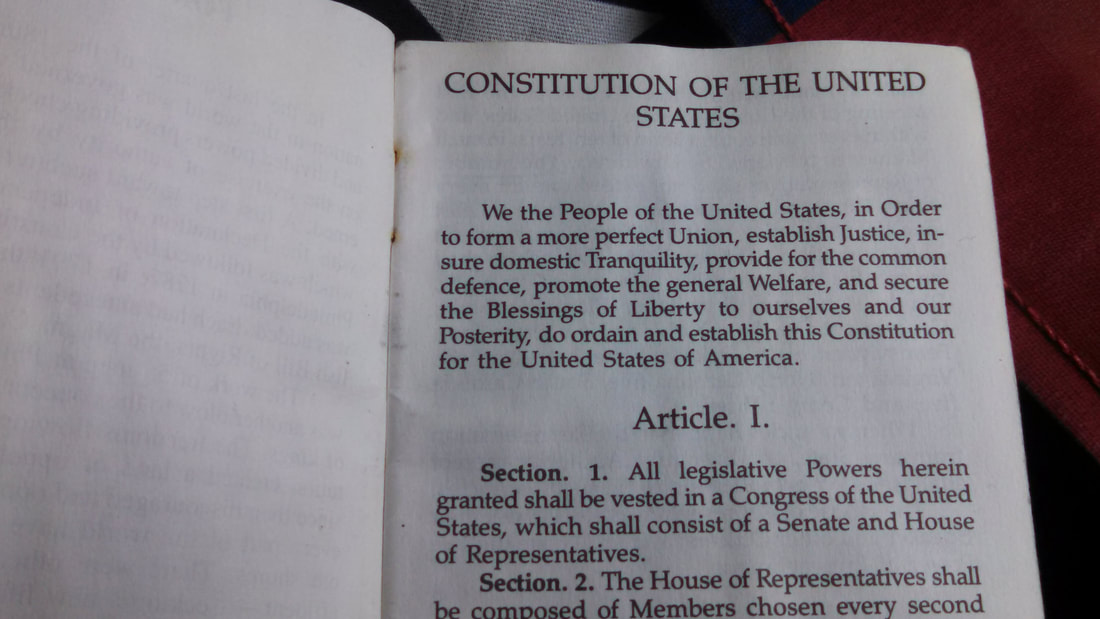
 RSS Feed
RSS Feed
